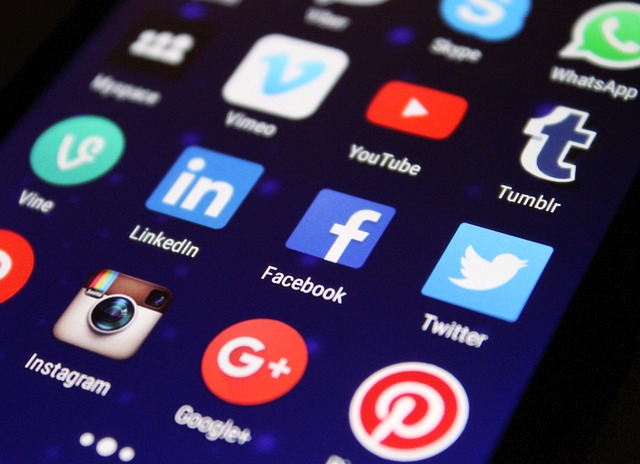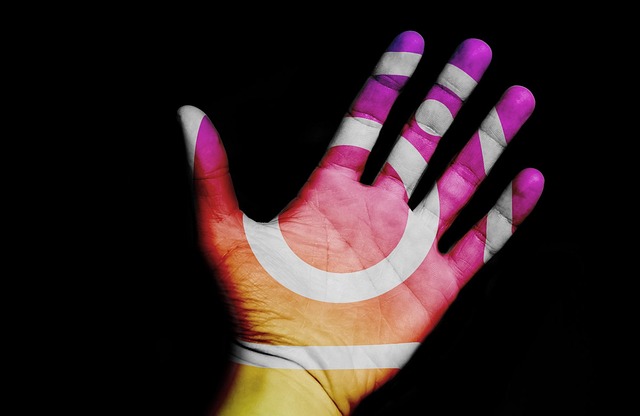The Rising Trend of Social Media Anxiety: Understanding and Overcoming
In today’s hyper-connected world, social media platforms have become essential spaces for communication, self-expression, and staying updated. Yet, with this digital immersion comes a less discussed phenomenon that is quietly affecting many: social media anxiety. This rising trend is more than just a buzzword; it reflects a genuine emotional and psychological challenge faced by countless individuals navigating the complex web of online interactions.
What is Social Media Anxiety?
Simply put, social media anxiety refers to the feelings of worry, inadequacy, and stress triggered by interactions, comparisons, or expectations on social media platforms. It’s the nervousness before posting, the obsessive checking for likes and comments, and the fear of missing out (FOMO) on important events or news. These feelings can lead to a cycle of negative self-perception and emotional exhaustion, making it hard to enjoy the benefits of social connectivity.
Why is Social Media Anxiety Becoming More Common?
The trend of social media anxiety is growing, particularly because social media usage has become deeply integrated into daily life for people of all ages. The pressure to maintain a curated online persona, the perpetual comparison to others’ seemingly perfect lives, and the constant flow of information can be overwhelming. Add to this the algorithms designed to keep users engaged at all costs, and it’s no surprise that many feel mentally drained.
Identifying the Signs
- Feeling inadequate after scrolling through feeds.
- Obsessively checking notifications and interactions.
- Fear of sharing posts due to potential judgment or backlash.
- Avoiding social media but simultaneously feeling isolated.
- Difficulty concentrating or sleeping, linked to social media use.
Practical Steps to Overcome Social Media Anxiety
Recognizing social media anxiety is the first step toward managing it. Here are some effective ways to regain control:
- Set Time Limits: Use built-in tools or apps to restrict your daily social media time, helping you reduce exposure and dependency.
- Curate Your Feed: Follow accounts that inspire positivity and unfollow those that trigger negative feelings.
- Mindful Usage: Engage consciously rather than passively scrolling. Ask yourself why you’re opening the app and what you intend to achieve.
- Digital Detox: Schedule breaks from social media, allowing your mind to refresh and focus on real-life interactions.
- Seek Support: If anxiety feels overwhelming, talking with friends, family, or professionals can provide relief and coping strategies.
Embracing a Healthier Relationship with Social Media
Social media, when used mindfully, can still be a powerful tool for connection and inspiration. By understanding social media anxiety through the lens of the current trend culture, we can foster empathy and support for those struggling. More importantly, we can learn to set boundaries and craft a digital environment that uplifts rather than drains.
If you’ve ever felt that knot in your stomach before posting or noticed how a single scroll can dampen your mood, know that you are not alone. Social media anxiety is a shared experience—one that calls for collective awareness and personal empowerment.



